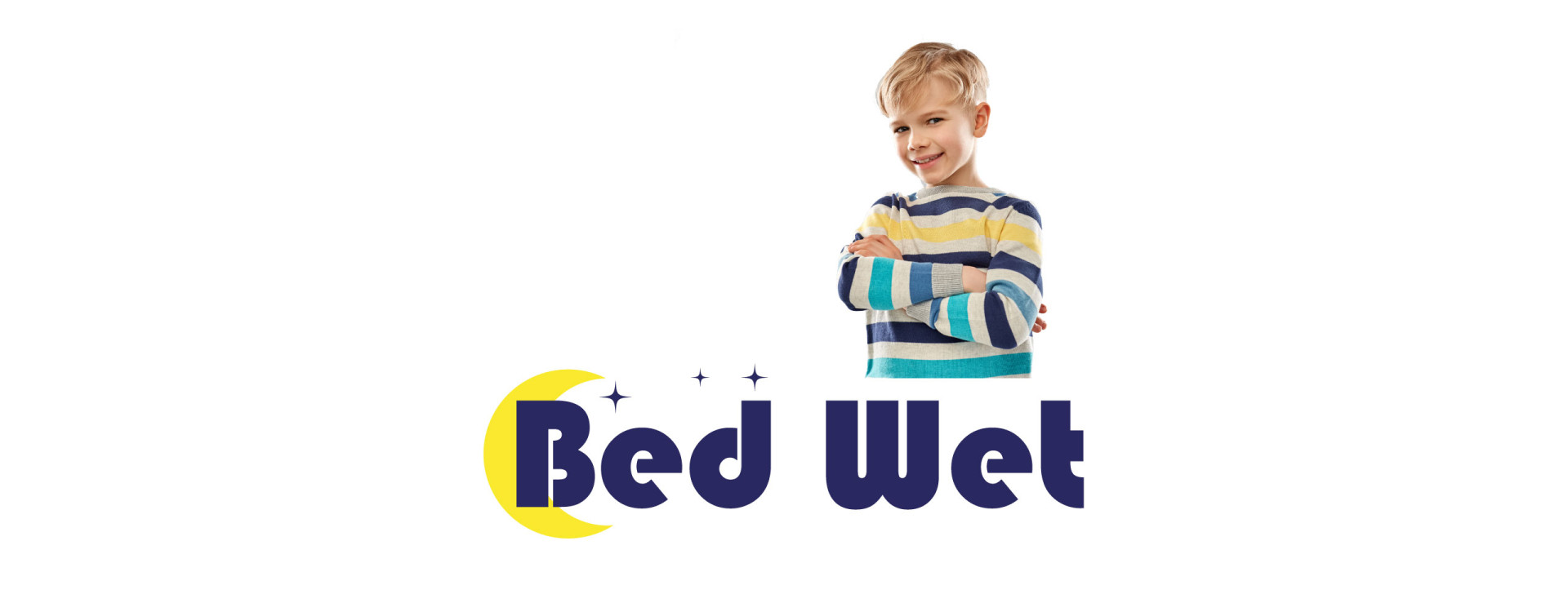An alarm is one of the most effective treatments for nocturnal enuresis.It works by waking the child as soon as the first drops of urine are present , which allows the brain to gradually learn to recognize the signal of a full bladder during sleep.

The child and friendship
By the time your child reaches preschool age, you've already taught them about love and security. You've shown them basic social skills like play and compromise. And you've encouraged their exploration, while also showing them boundaries.
At school and beyond, friends are essential to your child's development. They will learn fundamental life skills and how to interact with others during these years. Don't worry, you are still the most important person in your child's life. However, your teaching is limited to what you know and how you've learned it through your own experiences. After parents, friends are our guides. Friends show us things we didn't know existed and others we didn't even know were there. We share experiences with our friends, without our parents. On our first day of school, we find ourselves in unfamiliar territory with strangers. Most children make friends among their classmates, who are all going through the same thing. Children bond with those who seem to like the same things they do; sometimes it's the style of their sneakers or what they build with blocks. This new person in their life does more than just keep them company.
As children grow up, these friends become more important, and all these unexplored paths become more significant as well. For some parents, this can become worrying.
When a child reaches pre-adolescence , some people feel they are demanding. This isn't your imagination; it's perfectly normal as a child grows up. Parents should strive to teach their children the skills to make their own choices. Children and adults have friends for very different reasons. There can be different groups of friends: at soccer, at school, or at church. There are also neighborhood friends and those from summer camp. Each friend plays a specific role in a child's development.
Some children have difficulty making friends or keeping them.
Try not to feel hurt, even if it's your child. If this happens repeatedly, you need to become an investigator.
- Talk to the other parents. Ask them what problems have arisen, but don't take it personally.
- Think of yourself more like a coach. Help your child discover their social weaknesses by observing groups of children on the playground. Ask them to observe a group and guess what they are saying to each other by looking at their expressions and gestures.
- Ask him to observe other children and tell you what he thinks they are doing or what they might enjoy doing with him. As a coach, you need to encourage him. Simply praising your star player won't help him overcome obstacles.
This is where your detective work comes in. Give him clear instructions on what he should do ("say hello and introduce yourself") or not do ("don't put your hands in your pockets"). Then practice together. It's like teaching him to swim. Friendship is very important for a child's development. Parents should help children make friends. Sometimes this means giving rides or pushing back bedtime. Remember that friends provide formative experiences that you can't give your child.








Latest comments